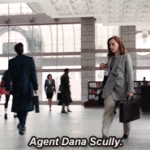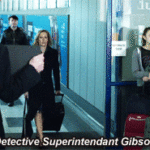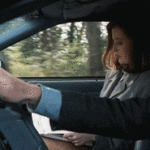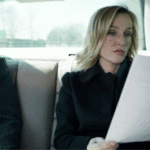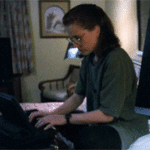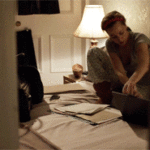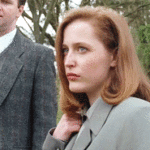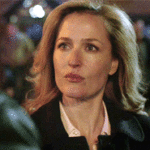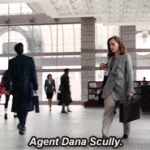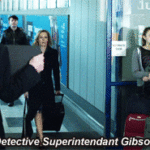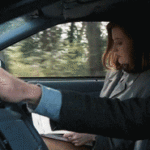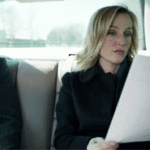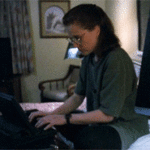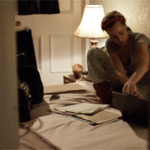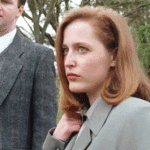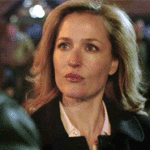The Root – Black Actresses: Where are the Good Roles?
The Root – Black Actresses: Where are the Good Roles?
Kim Wayans: “I didn’t think we’d still be having this same conversation so many years later …The 90s were so bright and promising for people of color in Hollywood, and I for one thought it would only get better with the chance for me and other black actresses to portray any number of characters and in all types of stories.’’
Debbie Allen: “I remember in the 80s when my sister Phylicia (Rashad) was on the The Cosby Show and I was on Fame, girl, you couldn’t tell me that it wasn’t a brand new day for black women and the way we were portrayed in film and television… No one could have told me we’d go in the complete reverse in the decades to come.’’
Angela Bassett: “I’m a black actress, honey—what can I tell you but I have no idea what’s next for me.”
Donald Bogle, film historian and professor at New York University: “It’s sad to say that the roles for African-American women haven’t strayed very far from what was comfortable for white or mainstream audiences to see years ago …Roles that show black women as maids, nannies, or sidekicks for the mainstream world continue to reduce black women to support systems and to only being there to service the needs of others. It’s a disturbing trend to see keep repeating itself year after year.’
The Root – Black Actresses: Where are the Good Roles?
The Root – Black Actresses: Where are the Good Roles?
Kim Wayans: “I didn’t think we’d still be having this same conversation so many years later …The 90s were so bright and promising for people of color in Hollywood, and I for one thought it would only get better with the chance for me and other black actresses to portray any number of characters and in all types of stories.’’
Debbie Allen: “I remember in the 80s when my sister Phylicia (Rashad) was on the The Cosby Show and I was on Fame, girl, you couldn’t tell me that it wasn’t a brand new day for black women and the way we were portrayed in film and television… No one could have told me we’d go in the complete reverse in the decades to come.’’
Angela Bassett: “I’m a black actress, honey—what can I tell you but I have no idea what’s next for me.”
Donald Bogle, film historian and professor at New York University: “It’s sad to say that the roles for African-American women haven’t strayed very far from what was comfortable for white or mainstream audiences to see years ago …Roles that show black women as maids, nannies, or sidekicks for the mainstream world continue to reduce black women to support systems and to only being there to service the needs of others. It’s a disturbing trend to see keep repeating itself year after year.’
The Root – Black Actresses: Where are the Good Roles?
The Root – Black Actresses: Where are the Good Roles?
Kim Wayans: “I didn’t think we’d still be having this same conversation so many years later …The 90s were so bright and promising for people of color in Hollywood, and I for one thought it would only get better with the chance for me and other black actresses to portray any number of characters and in all types of stories.’’
Debbie Allen: “I remember in the 80s when my sister Phylicia (Rashad) was on the The Cosby Show and I was on Fame, girl, you couldn’t tell me that it wasn’t a brand new day for black women and the way we were portrayed in film and television… No one could have told me we’d go in the complete reverse in the decades to come.’’
Angela Bassett: “I’m a black actress, honey—what can I tell you but I have no idea what’s next for me.”
Donald Bogle, film historian and professor at New York University: “It’s sad to say that the roles for African-American women haven’t strayed very far from what was comfortable for white or mainstream audiences to see years ago …Roles that show black women as maids, nannies, or sidekicks for the mainstream world continue to reduce black women to support systems and to only being there to service the needs of others. It’s a disturbing trend to see keep repeating itself year after year.’

